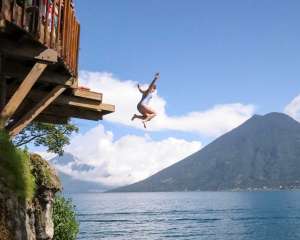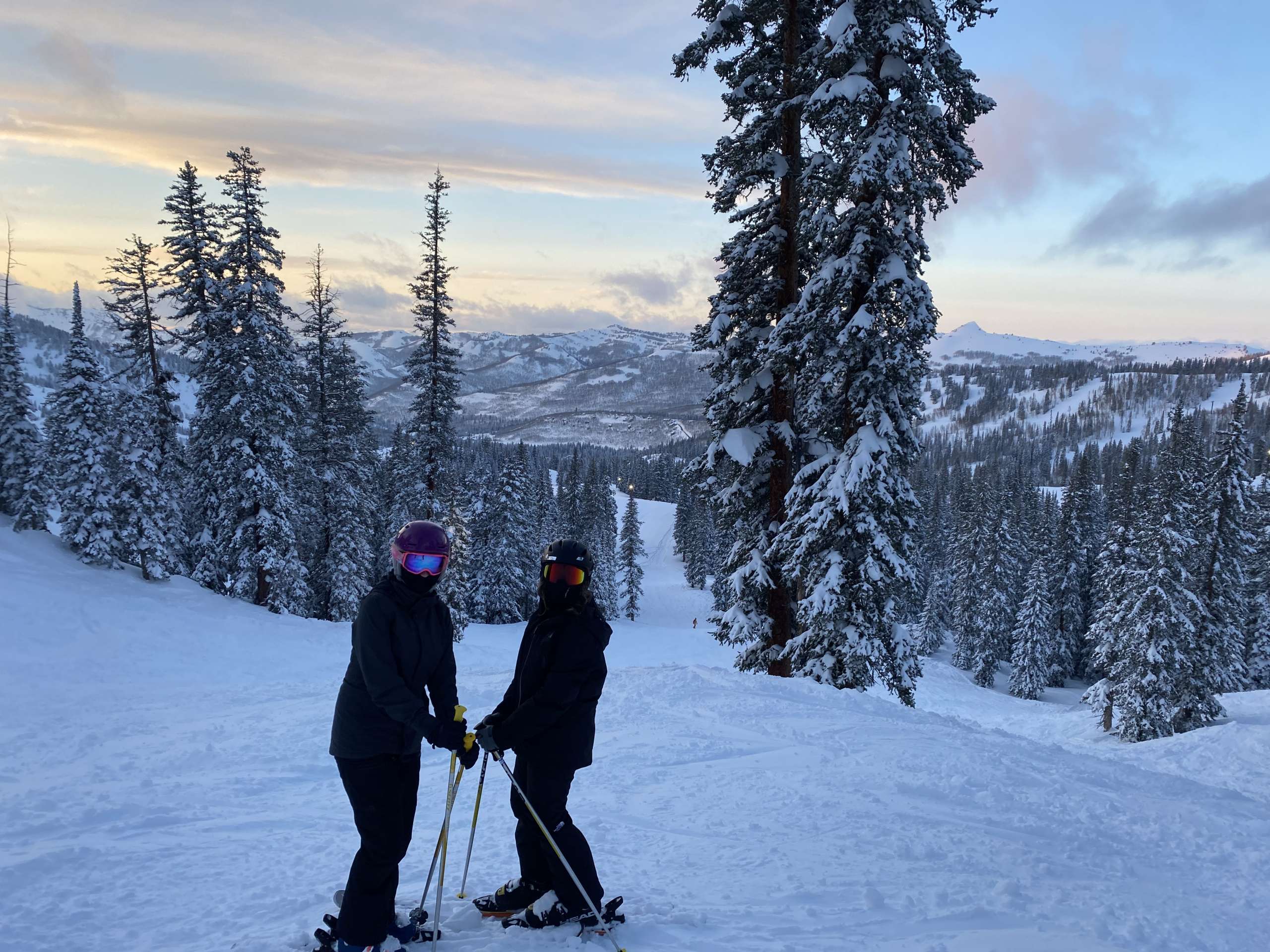
Anxiety is a complicated disorder. The brain of an anxious person is focused on self-preservation. As triggers push one’s system into a sympathetic response mode, they are forced to prioritize their surrounding threats, asking themselves the following questions: Am “I” safe? How do “I” protect “myself”? What accommodations do “I” need to feel supported and capable? Over time, as this survival instinct trains one’s brain to consider their own needs first, they can become less aware of the needs of those around them.

This past month a group of Cascade Academy students who have progressed in their treatment were given the opportunity to spend eight days in Guatemala where they focused on Leadership, Adventure and Service. The insights they gained, the individual fears that they challenged, and the connections that they made as they looked outside of themselves and embraced a beautiful and unique culture created an internal shift. For beautiful brief moments students were able to expand beyond their focus on self-preservation and live outside of their comfort zones with others. They were able to share joyous moments with tender children, learn at the hands of master artisans and take uncharacteristic risks with the support of trusted peers.
Throughout this adventure students were challenged to consider poverty in a new way. When describing poverty most people think about hunger, a lack of money, shelter, and work. While this is a major contributing factor to external poverty, there is a deeper, emotional connection associated with internal poverty. Internal poverty relates to the shame, the hopelessness and the embarrassment associated with an inability to provide for and connect with those you love.

During our eight-day adventure Cascade Academy students played hide-and-seek with young Guatemalan children, planted square box gardens with rural families with histories of hunger and malnutrition, and learned how to make corn tortillas, spin cotton and work leather at the hands of talented Guatemalan families and artisans. Through this process they connected with their own internal and external poverty while engaging in connection and providing hope to others.

In addition to connecting with the kind Mayan families of Guatemala, Cascade Academy students challenged their own personal limitations through some high-adventure experiences. Students challenged themselves throughout the week cliff diving into Lake Atitlan, ziplining through a jungle canopy and hiking a volcano to roast marshmallows in hot lava shoots.
The adventure, leadership discussions and service opportunities of this international experience provided opportunities for each student at Cascade Academy to consider the needs of those around them. When their anxious brains told them to panic and focus on self-preservation, they had the training and experience and guidance to pause, approach the situation, and challenge their fear rather than be controlled by their distress.





